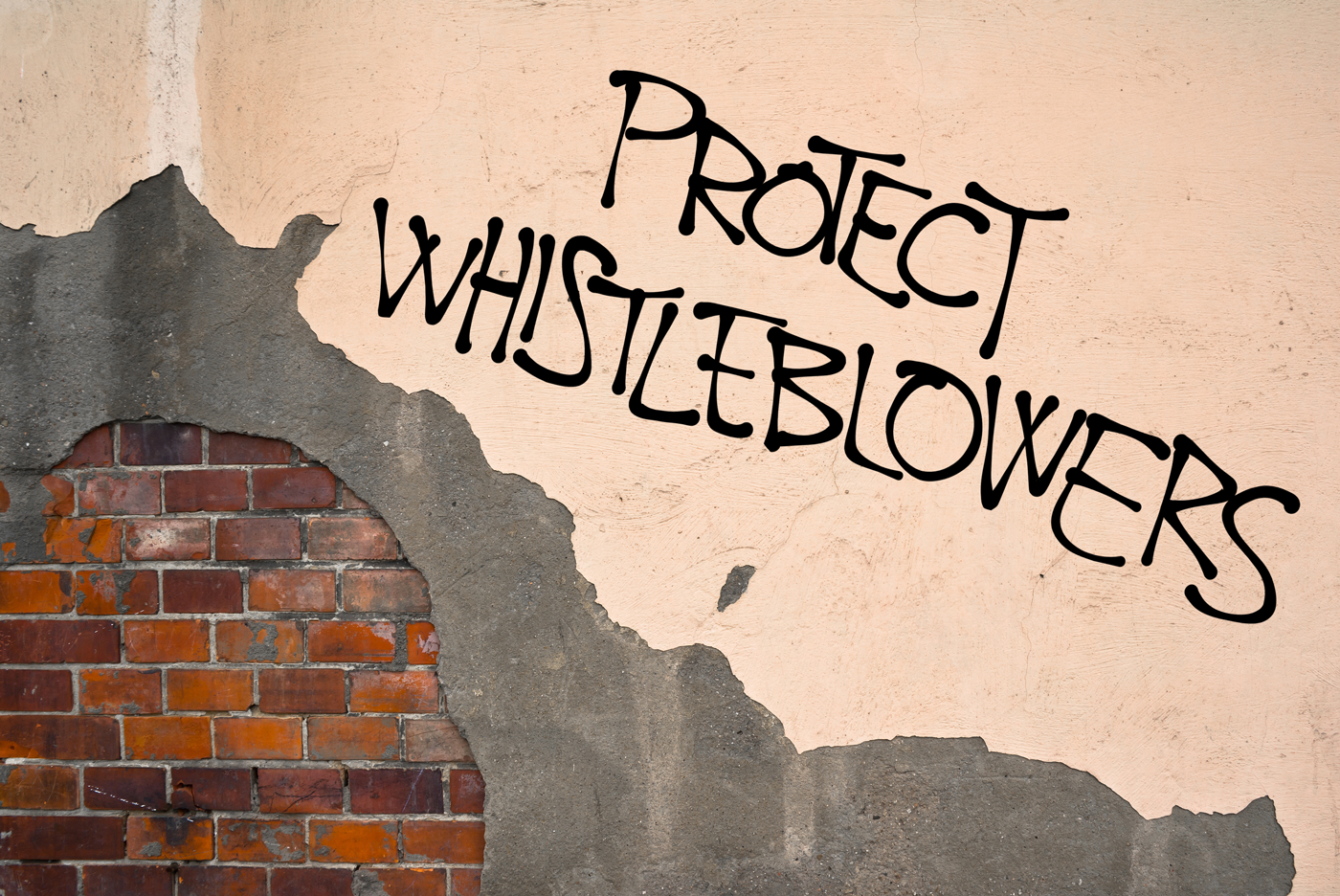Healthcare Fraud Whistleblowing: Your Path to Justice and Reward
Healthcare fraud costs taxpayers billions each year, but brave insiders are fighting back—and getting rewarded for it. The recent Capstone Diagnostics case demonstrates how one whistleblower’s courage led to a $14.3 million settlement and a personal reward of $2.86 million.
Healthcare fraud schemes drain resources from vital programs like Medicare and Medicaid while putting vulnerable patients at risk. These illegal operations often rely on kickbacks, false claims, and manipulated billing to maximize profits at taxpayers’ expense. Without whistleblowers stepping forward, many of these fraudulent schemes would continue unchecked.
Understanding your rights and potential rewards as a healthcare fraud whistleblower can help you make an informed decision about reporting illegal activities. The legal framework protecting whistleblowers has grown stronger over the years, offering substantial financial incentives alongside robust anti-retaliation protections.
The Anti-Kickback Statute and Its Critical Role
The Anti-Kickback Statute (AKS) serves as a cornerstone of healthcare fraud prevention. This federal law prohibits offering, paying, soliciting, or receiving anything of value in exchange for referrals of patients covered by federal healthcare programs like Medicare and Medicaid.
Healthcare providers violate the AKS when they accept meals, money, free rent, or other valuable items in exchange for patient referrals. These kickback arrangements corrupt medical decision-making, leading to unnecessary tests and procedures that burden federal programs with excessive costs.
Principal Deputy Assistant Attorney General Brian M. Boynton emphasized the statute’s importance: “The law prohibits healthcare providers, including laboratories, from paying kickbacks to third parties to generate business.” These corrupt practices severely damage the integrity of healthcare programs designed to serve our most vulnerable populations.
Violations of the AKS automatically trigger False Claims Act liability, meaning that every claim submitted downstream from an illegal kickback arrangement becomes a potential source of significant financial penalties.
Capstone Diagnostics: A Case Study in Healthcare Fraud
The Capstone Diagnostics case illustrates how kickback schemes operate and the substantial rewards available to whistleblowers. A.M., the 57-year-old owner of this Georgia clinical laboratory, admitted to felony conspiracy charges and agreed to pay over $14 million to settle allegations of illegal kickback payments.
Capstone targeted vulnerable federal healthcare programs and Georgia Medicaid by paying commissions to generate unnecessary medical tests, including urine drug tests and respiratory pathogen panels. The scheme involved paying portions of Medicaid reimbursements to operators of an after-school program in exchange for urine specimen drug testing samples.
The fraudulent operation submitted $1 million in claims related to fake drug testing, with Georgia Medicaid covering at least $400,000 of those claims. During the COVID-19 pandemic, A.M.’s laboratory exploited the crisis by forging signatures to order tests and manipulating demand for respiratory tests in senior communities.
The whistleblower in this case received approximately $2.86 million as a reward for providing crucial information that led to the successful prosecution. This substantial payout demonstrates the financial incentives available to those who courageously report healthcare fraud.
Understanding the False Claims Act Framework
The False Claims Act (FCA), originally enacted during the Civil War to combat defense contractor fraud, has evolved into the government’s primary tool for fighting healthcare fraud. This powerful statute enables private citizens, known as relators, to file qui tam lawsuits on behalf of the government against entities that have defrauded federal programs.
Successful whistleblowers can receive between 15% and 30% of the total recovery, depending on whether the government intervenes in the case. In cases where the government chooses not to intervene, rewards can reach up to 30% of the recovery amount. For example, if a relator helps recover $100 million in a lawsuit, they could potentially receive up to $30 million as a whistleblower rewards.
The FCA covers various fraudulent activities, including:
- Knowingly presenting false claims for payment to the federal government
- Using false records or statements to secure government payments
- Conspiring to submit fraudulent claims
- Concealing obligations to pay money to the government
Since billing completed downstream of kickback arrangements may be considered illegitimate, all related public billing costs could potentially constitute FCA violations. This multiplier effect significantly increases the potential recovery amounts in healthcare fraud cases.
COVID-19 Fraud Enforcement and Enhanced Protections
The COVID-19 pandemic created unprecedented opportunities for healthcare fraud as billions of dollars in emergency funding became available. Recognizing this threat, the Department of Justice established the COVID-19 Fraud Enforcement Task Force on May 17, 2021, to investigate and prosecute criminal and civil fraud against pandemic relief programs.
Healthcare providers exploited the pandemic’s urgency and confusion to submit fraudulent claims for COVID-19 testing, treatments, and other services. The Capstone case exemplifies this trend, with the laboratory forging signatures and manipulating testing demand to profit from pandemic-related programs.
The DOJ actively seeks whistleblowers who can provide actionable information about COVID-19 fraud schemes. These cases often involve substantial financial recoveries due to the large amounts of federal funding involved, making them particularly attractive for potential whistleblowers seeking anti-corruption enforcement.
Healthcare workers, laboratory technicians, billing specialists, and other industry insiders who witnessed fraudulent activities during the pandemic may have valuable information that could lead to significant whistleblower rewards.
Maximizing Your Chances of Whistleblower Success
Successfully pursuing a healthcare fraud whistleblower case requires careful preparation and experienced legal representation. Several factors can significantly impact your chances of success and the size of your potential reward.
Building a Strong Foundation
Document everything you can safely obtain that supports your allegations of fraud. This includes billing records, emails, memos, contracts, and any other evidence of kickback arrangements or false claims. The strength of your evidence directly correlates to your case’s success potential.
Understand the scope of the fraud you’re reporting. Cases involving larger financial amounts typically result in higher whistleblower rewards. Federal prosecutors prioritize cases with significant financial impact and clear evidence of intentional wrongdoing.
Avoiding Retaliation Risks
The False Claims Act provides robust protection against retaliation for employees who report healthcare fraud. Under Section 3730(h), employers cannot discharge, demote, harass, or discriminate against employees who engage in protected whistleblowing activities.
If you experience wrongful termination or other retaliation, you may be entitled to reinstatement, double back pay, and compensation for special damages, including litigation costs and attorney fees. These protections help ensure that doing the right thing doesn’t cost you your livelihood.
Working with Experienced Counsel
Healthcare fraud cases involve complex legal and regulatory issues that require specialized expertise. Experienced anti-kickback whistleblower attorneys understand how to assess case strengths, navigate the qui tam process, and maximize potential rewards while protecting clients from retaliation.
Your attorney will help you file the case under seal, prepare the required disclosure statement, and work with federal prosecutors to investigate your allegations. This collaborative approach significantly increases your chances of a successful outcome.
Taking Action Against Healthcare Fraud
Healthcare fraud undermines the integrity of programs designed to serve our most vulnerable citizens while wasting billions in taxpayer dollars. Whistleblowers play a crucial role in exposing these schemes and holding wrongdoers accountable.
The substantial rewards available under the False Claims Act—potentially millions of dollars for successful cases—provide strong financial incentives for reporting fraud. Combined with robust anti-retaliation protections, these laws create a framework that encourages and protects those who choose to speak out against corruption.
If you have knowledge of healthcare fraud, kickback schemes, or false billing practices, consulting with an experienced whistleblower attorney can help you understand your options and potential rewards. The legal framework exists to protect and compensate those who have the courage to fight healthcare fraud.
Don’t let healthcare fraud continue unchecked. Consult with a qualified whistleblower attorney today to discuss your case and explore your options for seeking justice while protecting your rights.



